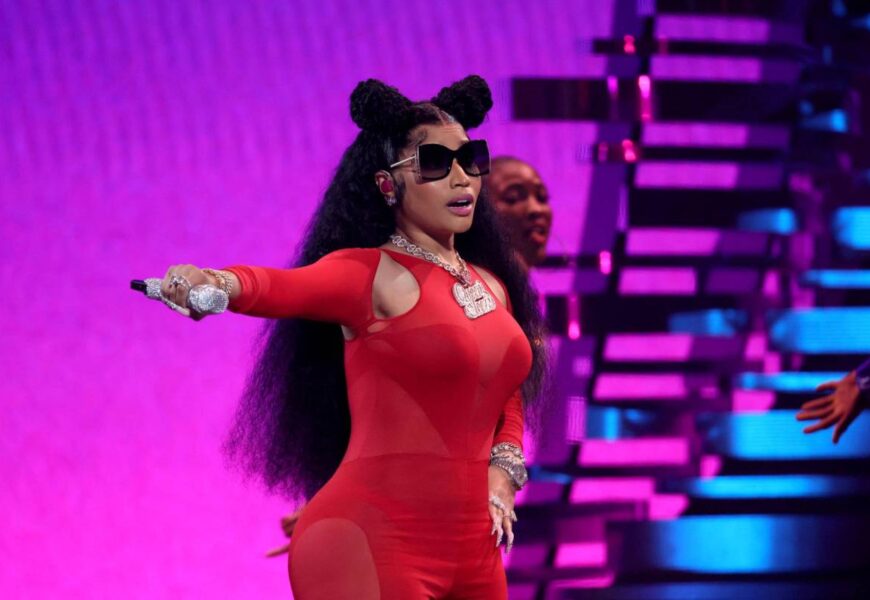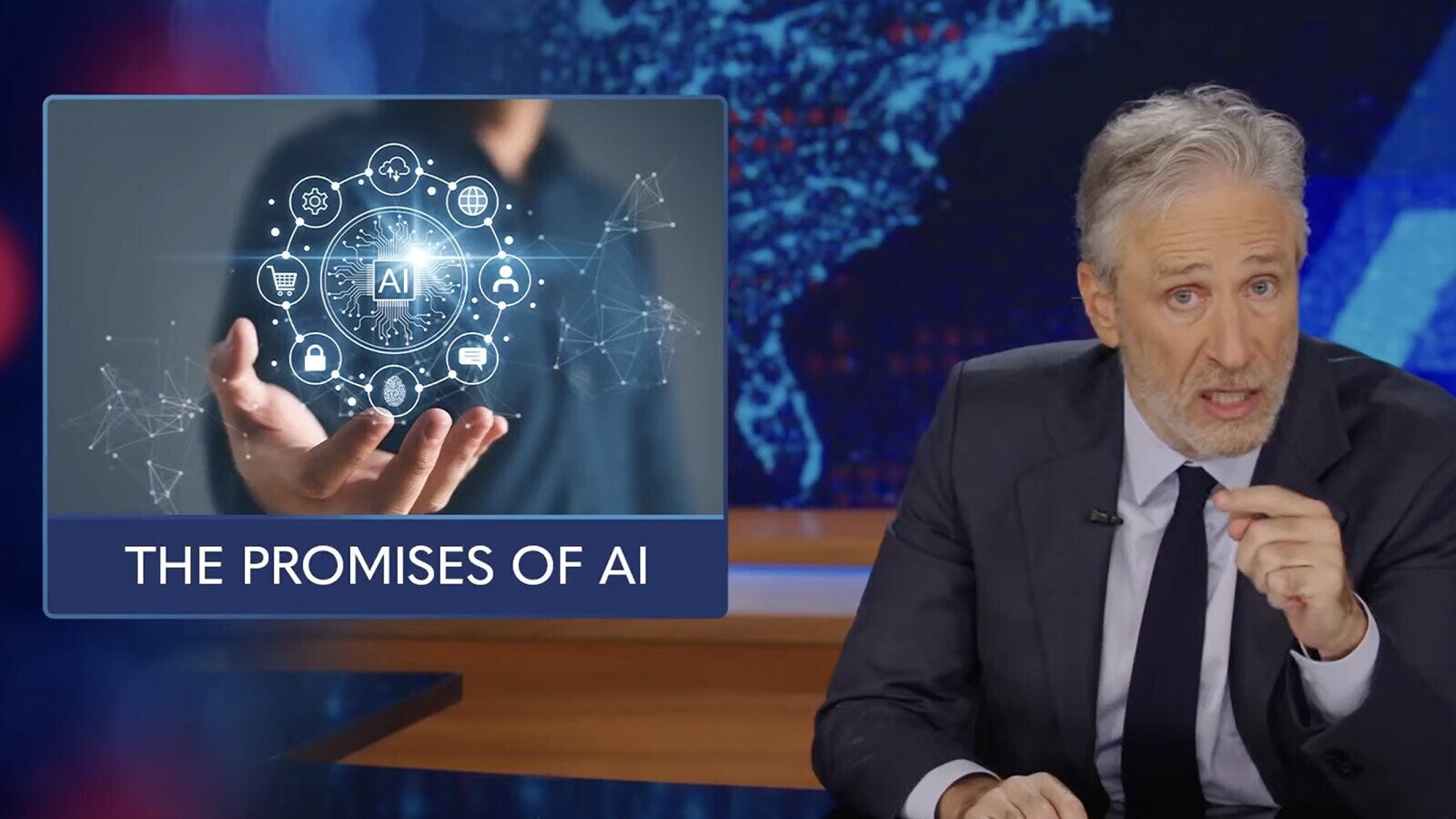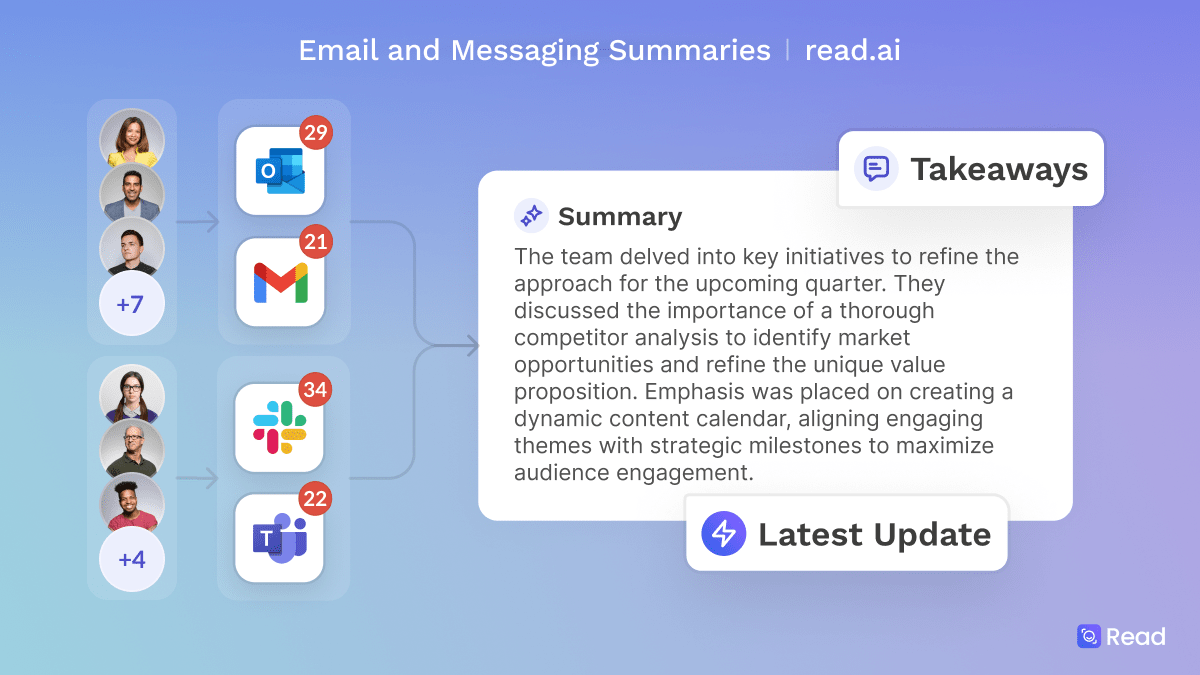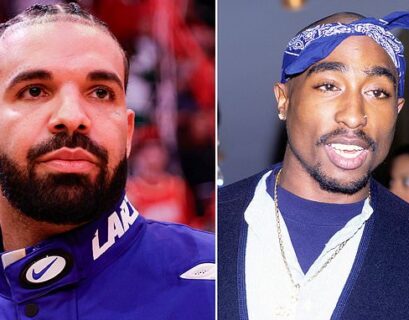A collective of 200 musicians has penned an open letter urging technology firms and developers to refrain from undermining human creativity through the deployment of AI music generation tools.
The roster of signatories is impressively diverse and star-studded, resembling a potential lineup for the renowned Coachella festival. Notable names include Billie Eilish, the Bob Marley estate, Chappell Roan, Elvis Costello, Greta Van Fleet, Imagine Dragons, Jon Bon Jovi, the Jonas Brothers, Kacey Musgraves, Katy Perry, Mac DeMarco, Miranda Lambert, Mumford & Sons, Nicki Minaj, Noah Kahan, Pearl Jam, Sheryl Crow, and Zayn Malik, among others.
The open letter articulates concerns about the detrimental impact of AI when utilized irresponsibly, highlighting the significant threats posed to privacy, identities, music, and livelihoods. The unauthorized use of artists’ work by major corporations to train AI models without consent is condemned, with a stark warning of the potentially catastrophic consequences for struggling musicians, artists, and songwriters.
The letter emphasizes the inherent risks associated with AI models that create new music, art, and literature by learning from extensive datasets of existing content. Attempts to exclude one’s work from these models are often futile, akin to combating music piracy. The letter underscores the increasing sophistication of technology, enabling the creation of convincing deepfakes and raising concerns about the negative repercussions on artists’ intellectual property rights.
While some companies like Adobe and Stability AI are exploring AI music generation tools using licensed or royalty-free music, there are apprehensions about their impact on musicians creating scores for various media. The evolving landscape of technology has historically disadvantaged musicians, from the era of file-sharing to the current streaming paradigm, where artists continue to face challenges in securing fair compensation.
Authors have also voiced opposition to the proliferation of generative AI, with over 15,000 writers, including James Patterson, Michael Chabon, Suzanne Collins, and Roxane Gay, signing a similar open letter directed at key industry players. The letter raises concerns about AI systems mimicking copyrighted content without proper authorization, calling for safeguards to protect creators’ rights and prevent exploitation of the literary ecosystem.
Despite these collective appeals, the resistance from tech companies persists, exemplified by platforms like ChatGPT capable of emulating renowned authors’ styles. The inadequacy of current copyright laws to address the complexities of generative AI poses significant challenges in combating intellectual property infringements.
In conclusion, the musicians’ letter advocates for halting the encroachment on human creativity, safeguarding artists’ voices, preserving creators’ rights, and upholding the integrity of the music industry amidst the disruptive advancements in AI technology.










